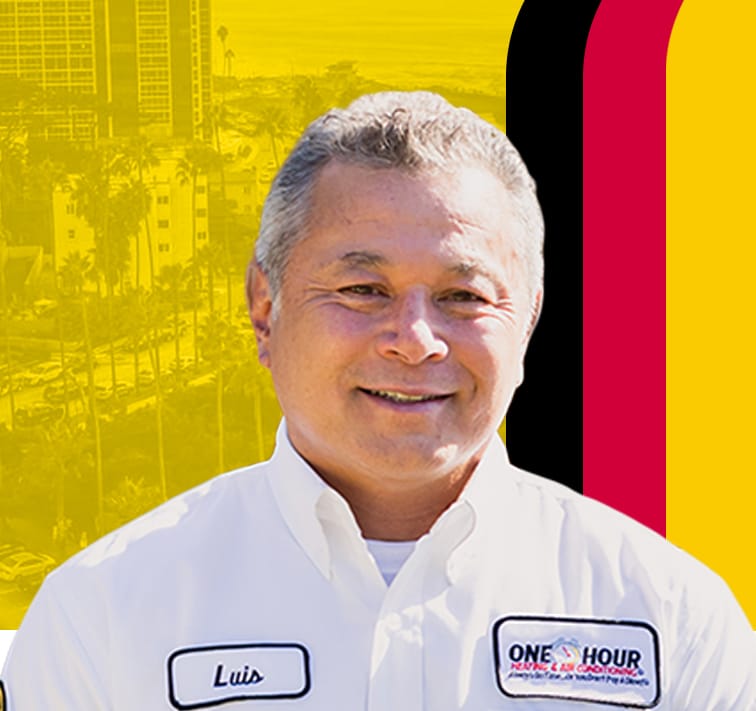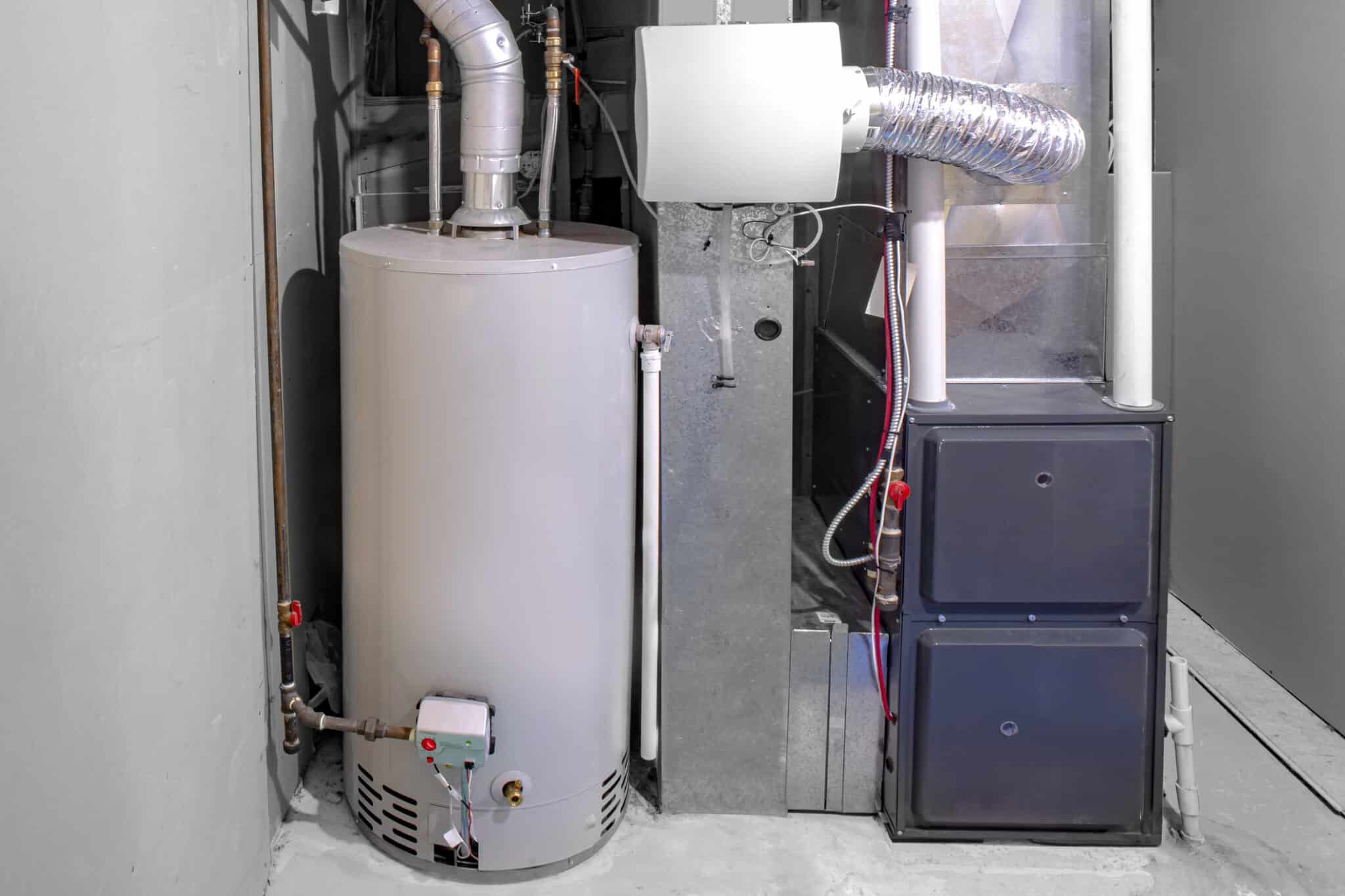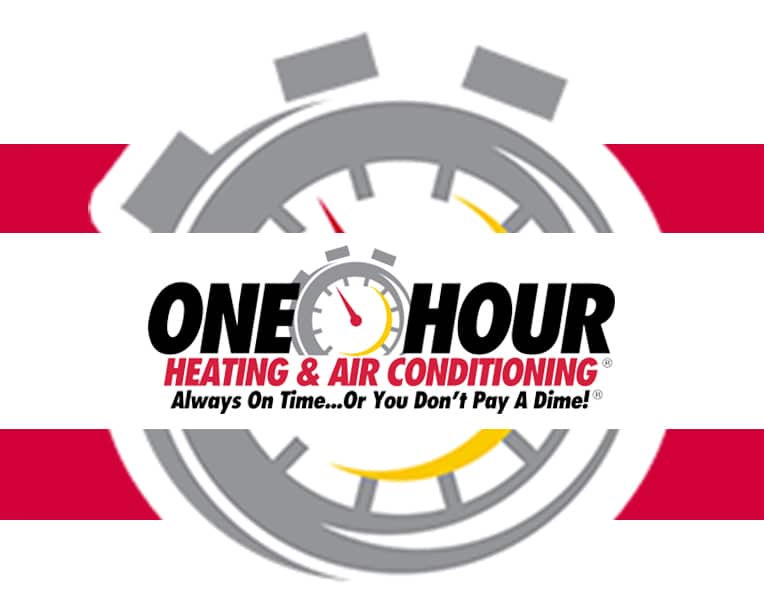Your heating system plays a crucial role in keeping your home comfortable, especially during colder months. When it’s working properly, you hardly notice it. But when issues arise, they can disrupt your comfort and even pose safety risks. Ignoring small problems can lead to costly repairs or even a complete system failure.
Recognizing the warning signs early can save you money and ensure your heating system operates efficiently. From weak airflow to strange odors, certain red flags indicate that your system needs urgent attention.
At One Hour Heating & Air Conditioning San Diego, we understand how essential a reliable heating system is for your home. Our experienced team provides expert HVAC services to diagnose and fix any heating issues promptly.
In this article, we’ll discuss the top five warning signs that signal your heating system may need repairs. If you notice any of these issues, it’s best to seek professional help before they escalate.
Weak or No Heat Output
Your heating system should provide consistent warmth throughout your home. If you notice weak airflow or a complete lack of heat, it could be a sign of an underlying issue. A properly functioning system distributes warm air evenly, ensuring every room stays comfortable. When your heating system struggles to maintain the desired temperature, it not only impacts your comfort but also signals that something is wrong internally.
Several factors can cause weak or no heat output. One common issue is a clogged air filter, which restricts airflow and prevents warm air from circulating efficiently. Dirty filters force the system to work harder, reducing efficiency and increasing energy consumption. A faulty thermostat can also lead to heating problems. If the thermostat isn’t communicating properly with the system, it may cause inconsistent heating or prevent the system from turning on at all.
More serious problems, such as a failing pilot light, a malfunctioning blower motor, or a damaged heating element, could also be the cause. If your heating system uses a gas furnace, an extinguished pilot light or a faulty ignition system can prevent the unit from producing heat. In some cases, issues with the ductwork, such as leaks or blockages, can prevent warm air from reaching different parts of your home.
Ignoring weak heat output can cause your heating system to overwork itself, leading to higher energy bills and potential system failure. A struggling system is more likely to experience breakdowns, requiring costly repairs or even a full replacement. If your furnace or heat pump isn’t providing enough warmth, it’s essential to have it inspected by a professional.
Scheduling a repair as soon as possible can prevent further damage and restore your home’s comfort. A certified HVAC technician can diagnose the problem and recommend the best solution to keep your heating system running efficiently. Regular maintenance, such as replacing air filters and checking thermostat settings, can also help prevent heating issues before they escalate.
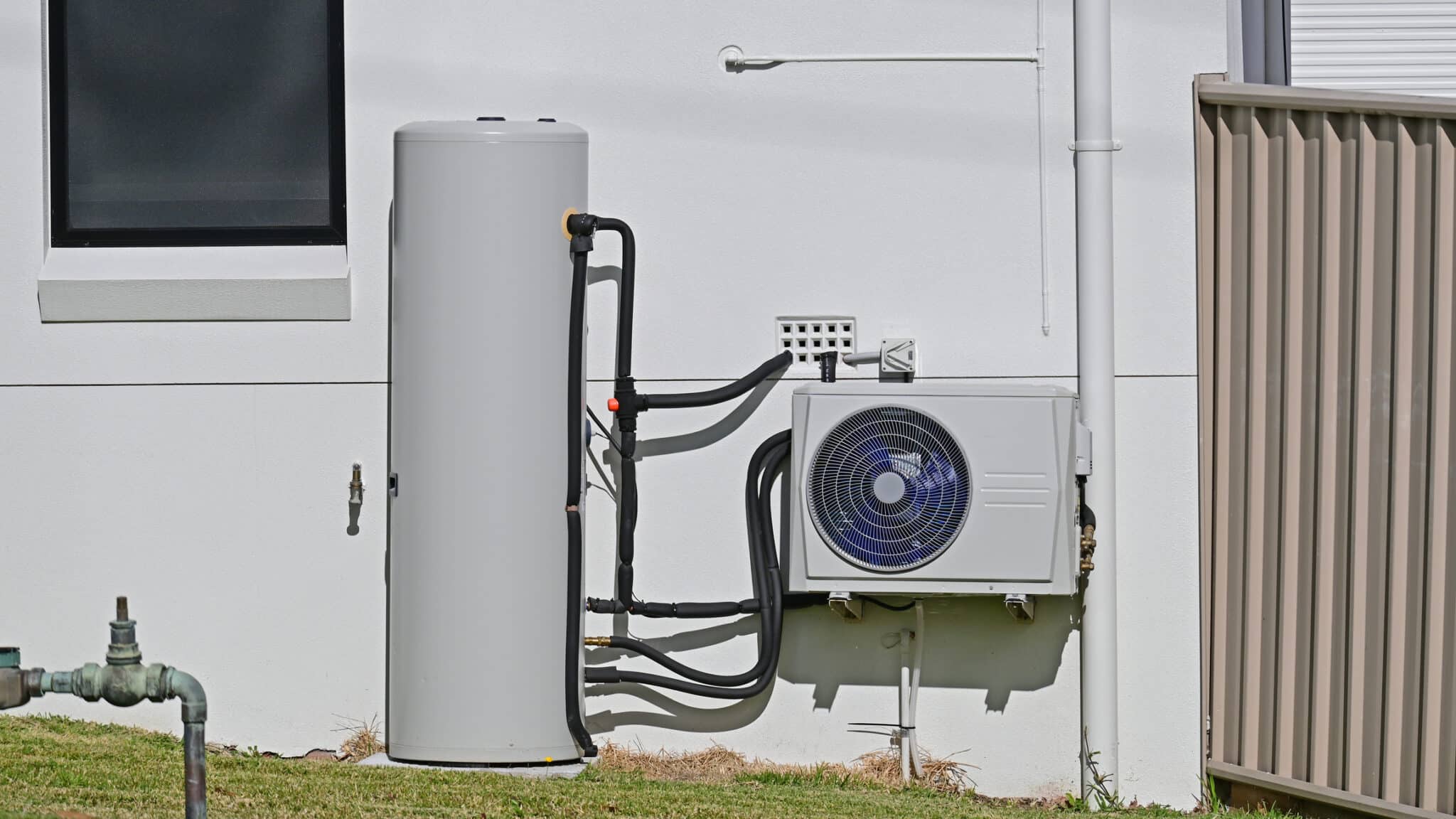
Unusual Noises Coming from the Unit
Your heating system should operate with minimal noise, producing a low, steady hum when running. While some sounds, like the blower turning on or air moving through the ducts, are normal, loud or unusual noises often signal a problem. Ignoring these sounds could lead to more serious damage, increasing the risk of system failure.
Different types of noises can indicate specific issues within the heating system. A banging or booming sound may suggest a delayed ignition in a gas furnace, which can be dangerous if not addressed promptly. Screeching or squealing noises often point to a worn-out blower motor or a loose belt, both of which require immediate attention. Rattling sounds may indicate loose components, such as screws or ductwork connections, which can worsen over time if not tightened.
If you hear a persistent clicking sound, it could mean an issue with the ignition system or a failing relay. A hissing noise may indicate an air leak in the ductwork, reducing efficiency and forcing your heating system to work harder. If you detect a whistling noise, it might be caused by a clogged filter restricting airflow. Any of these sounds should be inspected by a professional before they lead to bigger problems.
Continuing to run a noisy heating system can lead to costly repairs or even total system failure. Components under stress can wear out faster, forcing the system to overcompensate. If you hear any unusual sounds, turn off the unit and contact an HVAC technician for an inspection. Addressing these noises early can prevent breakdowns and ensure your heating system operates smoothly throughout the colder months.
Frequent Cycling On and Off
A properly functioning heating system should run in consistent cycles, maintaining a steady temperature in your home. If your system is turning on and off too frequently, known as short cycling, it may be struggling to operate efficiently. Short cycling not only affects your home’s comfort but also increases energy consumption and wear on system components.
Several factors can cause short cycling. A malfunctioning thermostat may be misreading the temperature, causing the system to turn off before reaching the desired warmth. Dirty or clogged air filters can also restrict airflow, causing the system to overheat and shut down as a safety measure. If the heat exchanger in a gas furnace overheats due to restricted airflow, it can cause the unit to shut off prematurely, preventing proper heating.
Another common cause of short cycling is an oversized heating system. If the system is too powerful for your home, it may heat the space too quickly and shut off before completing a full cycle. While this might seem beneficial, it actually leads to uneven heating, higher energy bills, and premature wear on system components. Additionally, a faulty flame sensor in a gas furnace can cause the burner to shut off frequently, preventing the system from running as expected.
Ignoring short cycling can lead to serious issues, including increased energy costs and a shorter lifespan for your heating system. If you notice frequent cycling, it’s important to schedule an inspection with an HVAC professional. A technician can diagnose the issue, whether it’s a thermostat problem, airflow restriction, or system sizing concern, and provide the necessary repairs to restore efficiency.
Regular maintenance, such as cleaning filters and checking thermostat settings, can help prevent short cycling. If the problem persists, professional repairs can ensure your heating system runs smoothly, keeping your home comfortable without unnecessary strain on the unit.
Sudden Spike in Energy Bills
A noticeable increase in your energy bills without a change in usage could indicate that your heating system is struggling to operate efficiently. While energy costs can fluctuate seasonally, an unexpected surge may suggest an underlying issue that requires attention. A system that works harder than necessary to maintain your desired temperature will consume more energy, leading to higher utility costs.
Several factors can cause your heating system to become inefficient. A dirty or clogged air filter restricts airflow, forcing the system to work harder to distribute warm air. If your thermostat is malfunctioning, it may cause the system to overheat or run longer than needed. Worn-out components, such as a failing blower motor or aging heat exchanger, can also reduce efficiency by requiring more energy to produce the same level of warmth.
Ductwork issues may also be to blame. Leaks or blockages in the duct system can cause heated air to escape before it reaches different rooms, making your heating system compensate by running longer. Poor insulation in your home can further contribute to energy waste, as heat loss forces the system to cycle more frequently to maintain the desired temperature.
Ignoring these signs can lead to continued inefficiency, higher bills, and added strain on your heating system. Regular maintenance, such as cleaning filters, sealing duct leaks, and checking thermostat settings, can help improve efficiency and lower energy costs. If you notice a sudden increase in your utility bills, scheduling an inspection with an HVAC professional can identify the root cause and restore your system’s performance.
Strange Odors or Poor Air Quality
A well-functioning heater should not produce unusual odors or negatively impact indoor air quality. If you notice musty, burning, or gas-like smells while it’s running, this could be a warning sign of a serious issue. Poor air quality, such as excessive dust or allergens, may also indicate that the system needs maintenance or repairs.
Different odors can signal specific problems. A burning smell when turning on the heat for the first time in the season is often due to dust burning off heating elements. However, if the odor lingers, it may point to overheating components or electrical issues. A musty or moldy scent could result from moisture buildup inside the ducts, creating an ideal environment for mold or mildew. This can pose health risks, especially for individuals with allergies or respiratory conditions.
A gas or rotten egg smell is particularly concerning, as it may indicate a gas leak. Since natural gas is odorless, utility companies add a sulfur-like scent to help with leak detection. If you ever detect this smell near your furnace or vents, turn off the unit, leave your home immediately, and contact your gas provider or emergency services. Gas leaks are dangerous and should never be ignored.
Beyond odors, poor air quality can stem from a clogged air filter, dirty ductwork, or a failing blower motor. If you notice an increase in dust, allergens, or dryness in your home, airflow may be restricted, preventing proper filtration. Regular filter changes and professional duct cleaning can improve circulation and reduce airborne contaminants.
If unusual smells or air quality issues persist, scheduling an inspection can help identify the root cause. Addressing these problems early ensures a safer, healthier living environment while preventing further damage to your HVAC system.
The Age of Your Heating Unit
Like any appliance, a furnace or heat pump has a limited lifespan. Most systems last between 15 to 20 years with regular maintenance, but as they age, they become less efficient and more prone to breakdowns. If your unit is approaching or surpassing this range, it may be time to consider repairs or even a replacement.
Older systems often struggle to maintain consistent temperatures, requiring more energy to produce the same level of warmth. Worn-out components, such as the blower motor, heat exchanger, or ignition system, can cause frequent malfunctions. If you’ve noticed an increase in service calls or rising energy bills, your equipment may be operating inefficiently due to age.
Advancements in HVAC technology have led to more energy-efficient models that provide better performance while reducing utility costs. Modern furnaces and heat pumps feature improved airflow, better filtration, and smart thermostats that optimize energy use. If your current unit requires frequent repairs or fails to keep your home comfortable, upgrading to a newer model may be the most cost-effective solution in the long run.
Why Timely Repairs Matter
When it comes to home comfort, delaying repairs can lead to bigger problems down the road. What may start as a minor issue, like weak airflow or a strange noise, can quickly escalate into a costly breakdown. Addressing problems early helps prevent system failure, improves efficiency, and extends the life of your heating equipment.
Ignoring warning signs forces your unit to work harder, increasing energy consumption and putting unnecessary strain on components. Over time, this extra stress can cause parts to wear out faster, leading to expensive repairs or even the need for a full replacement. A malfunctioning furnace or heat pump can also pose safety risks, especially if there are issues with electrical components, gas leaks, or carbon monoxide emissions.
Routine maintenance plays a key role in preventing emergencies. Changing air filters, inspecting ductwork, and checking the thermostat regularly can help keep your system running smoothly. However, even with proper upkeep, problems can still arise. If you notice any of the warning signs discussed earlier, scheduling a professional inspection can prevent further damage and ensure your home stays comfortable.
Professional HVAC technicians have the tools and expertise to diagnose issues before they become major problems. Whether it’s a simple repair or a more complex fix, addressing concerns early will save you money in the long run. If your heating system is showing signs of trouble, don’t wait, prompt repairs can restore efficiency and keep your home warm all season long.
Why Choose One Hour Heating & Air Conditioning San Diego?
When it comes to HVAC services, experience and reliability matter. At One Hour Heating & Air Conditioning San Diego, we pride ourselves on providing top-quality heating repairs and maintenance to keep your home comfortable year-round. Our team of skilled technicians understands the urgency of heating issues and is committed to delivering prompt, professional service.
We know that unexpected breakdowns can be stressful, especially during colder months. That’s why we offer fast response times and expert diagnostics to pinpoint the root cause of any problem. Whether you’re dealing with weak airflow, unusual noises, or frequent cycling, our technicians have the knowledge and tools to restore your system’s performance.
Customer satisfaction is our top priority. We take the time to assess each issue thoroughly and provide honest recommendations based on your specific needs. Whether your unit requires minor repairs or a full replacement, we ensure that every service is handled with professionalism and transparency. Our team also emphasizes preventive maintenance to help homeowners avoid costly repairs in the future.
Choosing a trusted HVAC provider means peace of mind. With years of experience serving San Diego, our team understands the unique climate challenges homeowners face. If your heating system isn’t working as it should, don’t wait, schedule a service with One Hour Heating & Air Conditioning San Diego today and experience expert care for your home’s comfort.

FAQ Section
1. What are the most common signs that my heating system needs repairs?
Common warning signs include weak airflow, unusual noises, frequent cycling, higher energy bills, and strange odors. If your heater struggles to maintain a comfortable temperature or shuts off unexpectedly, it’s best to schedule a professional inspection.
2. How often should I have my heating system inspected?
Experts recommend an annual maintenance check, ideally before the colder months begin. Regular inspections help identify minor issues before they turn into costly repairs and ensure your system runs efficiently throughout the season.
3. Can a malfunctioning heater increase my energy bills?
Yes, an inefficient unit has to work harder to maintain the desired temperature, leading to higher energy consumption. Problems like dirty filters, thermostat malfunctions, and worn-out components can all contribute to rising utility costs.
4. What should I do if I smell gas coming from my furnace?
If you detect a gas or rotten egg smell, turn off the system immediately, evacuate your home, and contact your gas provider or emergency services. Gas leaks are dangerous and should be addressed by professionals as soon as possible.
5. Is it better to repair or replace an old heating unit?
It depends on the unit’s age, efficiency, and frequency of repairs. If your system is over 15 years old and requires frequent fixes, replacing it with a modern, energy-efficient model may be more cost-effective in the long run. A professional HVAC technician can help assess whether a repair or replacement is the better option.






